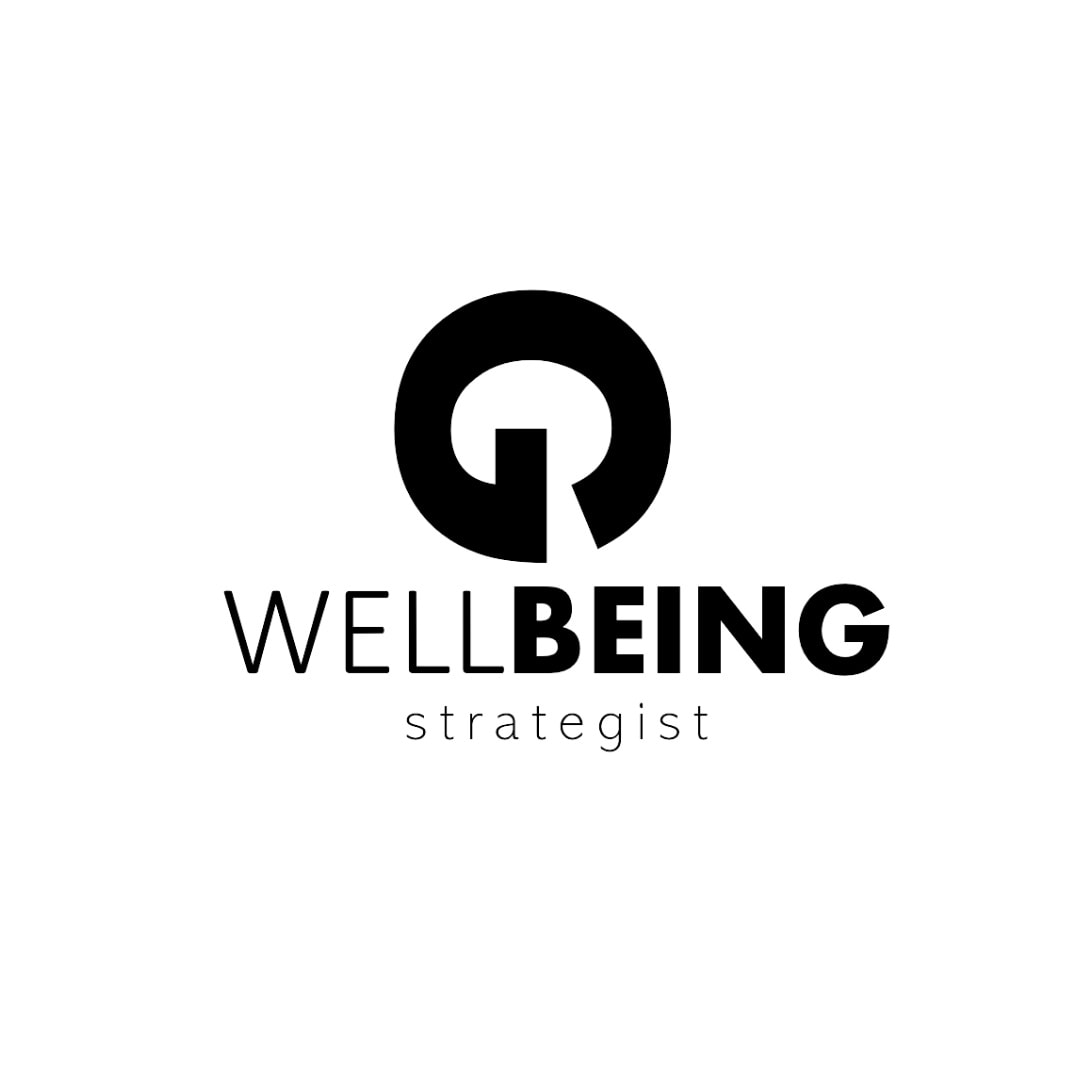In today’s fast-paced work environment, it’s all too common for individuals to push themselves beyond their limits in an effort to meet deadlines and accomplish their tasks. However, there’s a thin line between being diligently ambitious and overworking oneself to the point of physical and mental health deterioration. It’s essential to recognize the 6 signs that signify you’re crossing this line, especially in cultures that glorify long hours and work over everything else — like in some cases observed in South Korea’s work culture. Knowing when it’s time to step back and evaluate your work habits is crucial for maintaining a healthy balance between your professional and personal life.
What Are the Warning Signs That You Feel Overworked?
Recognizing symptoms of overworking
Common signs that you’re being overworked include feeling constantly overwhelmed by your workload and struggling to disengage from work-related thoughts even during your downtime. The constant pursuit to work longer hours, driven by the notion that it’s part of your job, leads to chronic stress. This not only dampens productivity but also makes it harder to achieve a healthy work-life balance. Recognizing these symptoms early can save you from the adverse health effects of overwork.
Understanding the signs of burnout related to overwork
Burnout, a state of emotional, physical, and mental exhaustion caused by excessive and prolonged stress, is a clear indicator that you’re working too much. It manifests as a feeling of reduced achievement and loss of personal identity. When the stress hormone cortisol remains high due to work-related stress, it affects your physical and mental health drastically, leading to conditions like depression and anxiety, signaling that the mind and body are not coping well.
Identifying physical exhaustion as a component of being overworked
One of the most overt signs of overworking is physical exhaustion. This isn’t just about feeling tired after a long workday; it’s the chronic fatigue that doesn’t go away with rest. Physical symptoms may include headaches, muscle pain, and changes in appetite. When working long hours becomes a regular part of your routine, these symptoms can escalate, indicating a serious toll on your physical health.
How Can Working Long Hours Impact Your Productivity and Health?
Assessing the negative impact of long working hours on productivity
Ironically, the more hours per week you dedicate to work in an attempt to increase productivity, the more counterproductive it becomes. The World Health Organization has identified long working hours as a risk factor for decreased productivity due to declines in cognitive performance, decision-making, and creativity. It’s a clear message: working extra hours does not equate to better outputs.
Exploring the risk of heart disease and other physical health issues
Long-term effects of overwork extend beyond fatigue and stress; it significantly increases the risk of heart disease, including coronary heart disease and risk of heart attack, as well as type 2 diabetes and high blood pressure. Studies have linked long working hours to a higher chance of experiencing these conditions, making overwork not just a factor of decreased quality of life but a potential risk to life itself.
Considering the effects of overwork on mental and physical health
The repercussions of overwork are profound, affecting both mental and physical health. The psychological impact includes increased incidence of mental health issues, while the physical downturn manifests in serious conditions like heart disease. This dual effect exacerbates the need to reconsider how we perceive and engage with our work schedules.
What Are the Consequences of Poor Work-Life Balance Due to Overwork?
Analyzing how overwork disrupts work-life balance
A glaring consequence of overwork is the crumbling foundation of work-life balance. As individuals work longer hours, they invariably rob time from their personal life, relationships, and leisure activities, all of which are essential for a fulfilling life outside of work. This imbalance fosters an environment where stress and burnout thrive, further impairing one’s ability to enjoy life and recover from the demands of work.
The relationship between working overtime and physical and mental health deterioration
Pushing oneself to work overtime on a regular basis is a recipe for physical and mental health deterioration. As the boundary between work and personal time blurs, stress levels spike, and the body’s ability to recuperate diminishes. This ongoing cycle can lead to chronic conditions, undermining the quality and longevity of life.
Long-term effects of a work culture that encourages longer hours
A work culture that encourages its employees to work longer hours fosters a dangerous precedent. It not only impacts the current workforce with increased rates of burnout and health issues but also sets an unsustainable standard for future generations. Rethinking and reshaping this culture are imperative to ensure the well-being and productivity of employees in the long run.
How to Identify Work Addiction and Its Role in Overwork?
Understanding the signs and symptoms of work addiction
Work addiction, characterized by an obsessive need to work and work overtime, often stems from an inability to detach from one’s work responsibilities. Distinguishing between dedication and compulsion is key. Signs of work addiction include neglecting personal relationships and leisure for work, feeling anxious when not working, and prioritizing work regardless of the negative impact on health.
Differentiating between work addiction and high workload
It’s crucial to differentiate between being subjected to a high workload and work addiction. While both scenarios result in working long hours, work addiction involves an internal compulsion, whereas a high workload might be temporarily due to external demands or poor management. Recognizing this difference can help in finding appropriate solutions, like setting boundaries or seeking managerial support.
Work addiction’s contribution to toxic productivity and its health implications
Work addiction is a significant contributor to the toxic productivity that pervades many work cultures today. This obsessive focus on productivity at the expense of one’s health leads to severe physical and mental health implications, including stress, burnout, and chronic diseases. Addressing work addiction is a vital step towards cultivating a healthier, more balanced approach to work and productivity.
Improving Your Physical and Mental Health: Strategies to Combat Overwork
Setting realistic to-do lists and managing workload
One practical strategy to combat overwork is to set realistic to-do lists that prioritize tasks based on importance and urgency. This helps in managing workload effectively without succumbing to the pressure of ticking off every item on the list. Understanding that not everything has to be completed within a workday relieves stress and fosters a more balanced approach to work.
Adopting practices to achieve better work-life balance
Adopting practices such as scheduling regular breaks, setting firm boundaries between work and personal time, and engaging in activities outside of work can significantly improve work-life balance. This not only reduces the risk of burnout but also enhances overall well-being and productivity by ensuring that both mind and body are given time to rest and recuperate.
Methods to reduce working hours without sacrificing productivity
Reducing working hours without sacrificing productivity is achievable through strategic planning and efficiency improvements. Techniques such as task batching, leveraging technology for automation, and delegating responsibilities can free up significant amounts of time. Additionally, fostering an environment where quality of work is valued over quantity encourages a healthier, more sustainable approach to work.
In summary, understanding and acknowledging the signs of overwork is the first step toward reclaiming your physical and mental health. Implementing strategies to manage workload, improve work-life balance, and address work addiction can lead to significant improvements in both productivity and well-being. Remember, your health is paramount, and creating a balanced relationship with your work is essential for a fulfilling, productive life.








